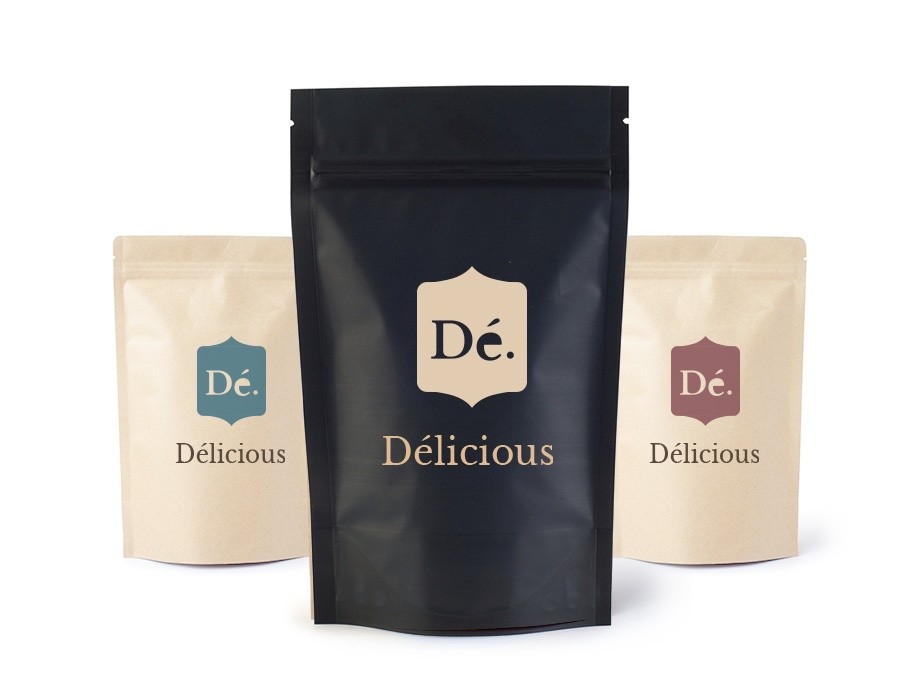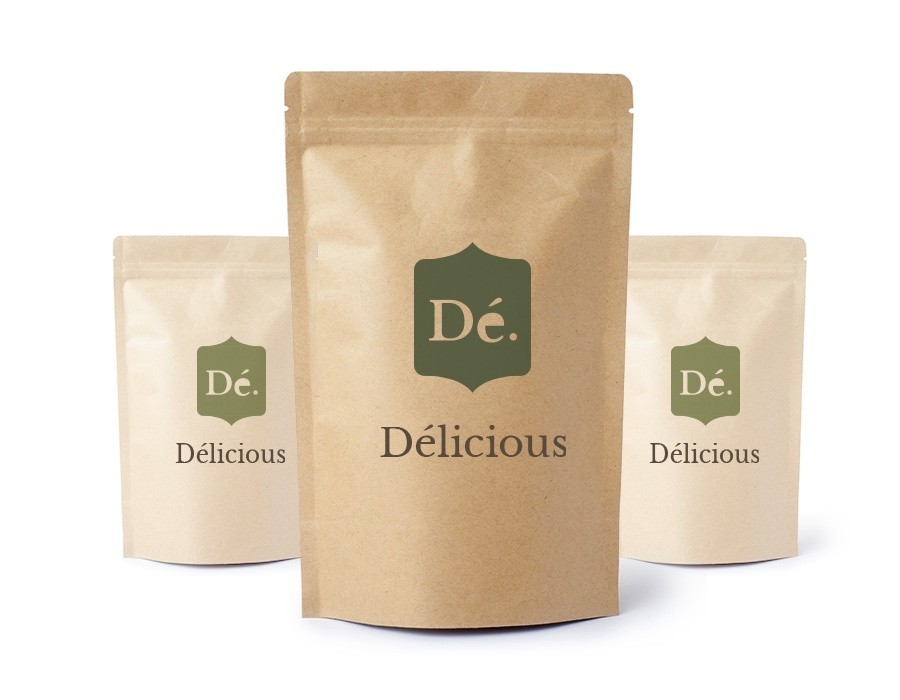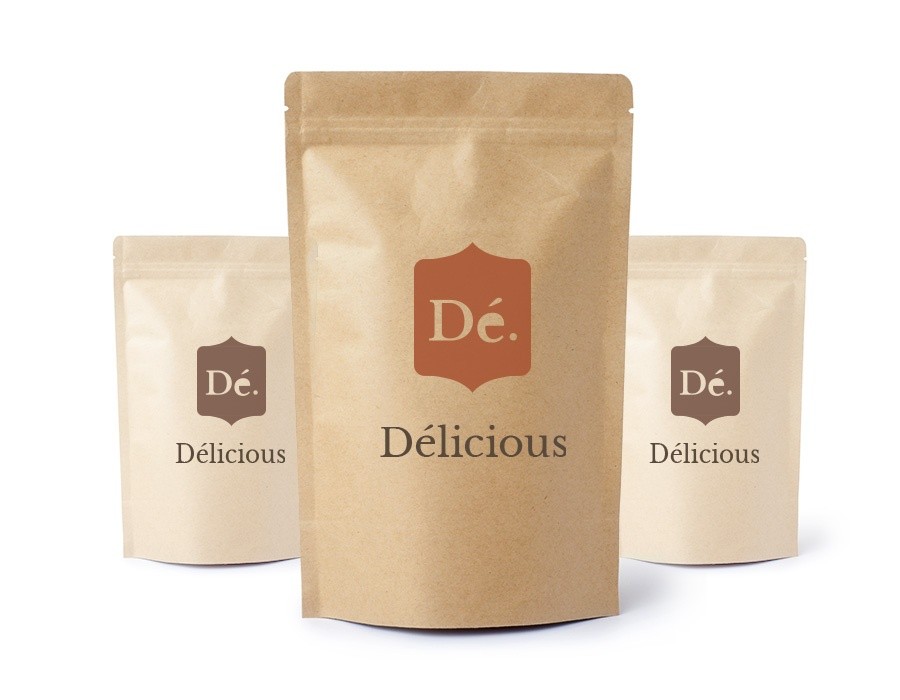

The idea that our favorite indulgences might actually be good for us is a long-standing and beloved narrative. It’s why people adore stories about centenarians who attribute their longevity to a daily glass of whiskey, or the idea that cheese is what makes French people slim.

The Melange
It’s likely, then, that the World Health Organization’s announcement Wednesday that regularly drinking coffee may prevent cancer will be met with similar jubilation by the well-caffeinated set. After all, the conclusion represents a rare reversal from the organization’s position 25 years ago, when it cautioned that coffee was possibly carcinogenic.
the Mokha-Java Blend
Too-hot coffee, or any other beverage for that matter, is still believed to cause cancer, the WHO points out. That’s based on studies that have found an association between drinking very hot coffee—close to 160 Fahrenheit—and esophageal cancer. According to The Wall Street Journal, this is “roughly 10 degrees hotter than people in the U.S., U.K. and Europe are accustomed to drinking coffee or tea,” and more consistent with the temperatures of tea or maté served in China and South America.


Espresso Blend
Too-hot coffee, or any other beverage for that matter, is still believed to cause cancer, the WHO points out. That’s based on studies that have found an association between drinking very hot coffee—close to 160 Fahrenheit—and esophageal cancer. According to The Wall Street Journal, this is “roughly 10 degrees hotter than people in the U.S., U.K. and Europe are accustomed to drinking coffee or tea,” and more consistent with the temperatures of tea or maté served in China and South America.

